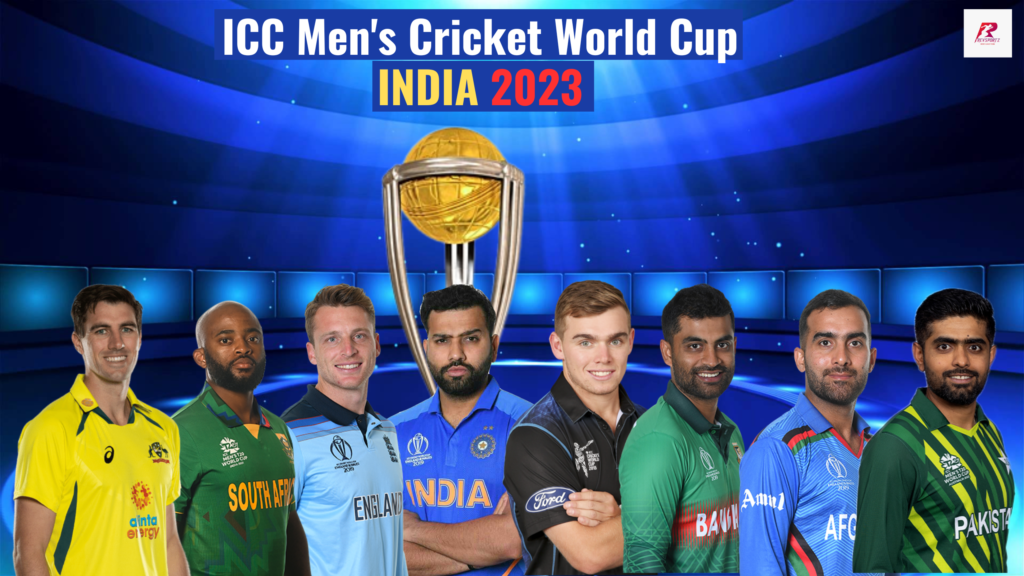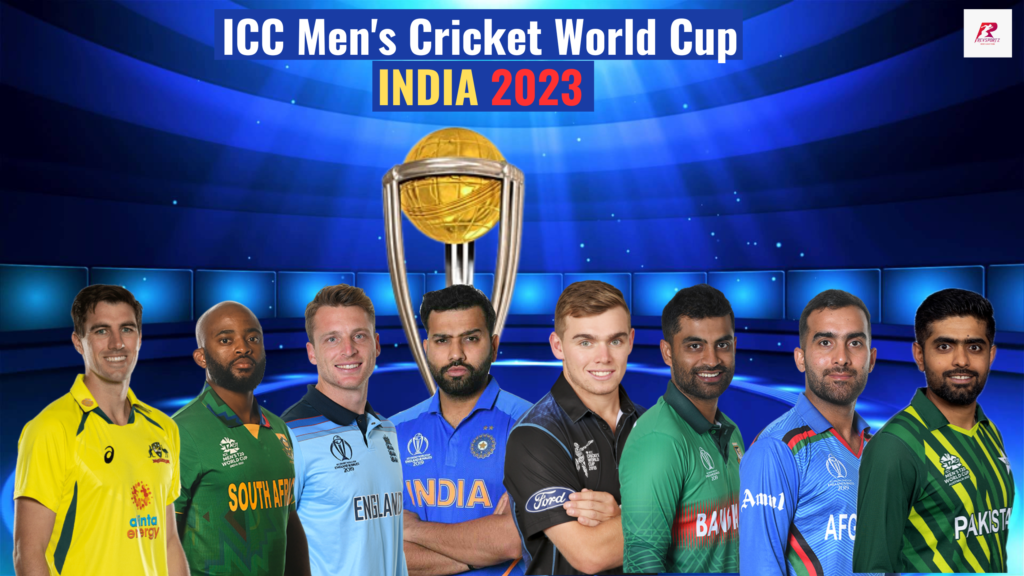My five key takeaways from the World Cup schedule that was announced on Tuesday in Mumbai.
How did Eden Gardens get the semi-final?
For the longest time, there was speculation in the media that the two semi-finals would be allotted to Chennai and Mumbai. So how and why did it change? What happened backstage?
The two main players in this story are Jay Shah, the BCCI Secretary, and Snehasish Ganguly, the Cricket Association of Bengal (CAB) President. Ganguly, sources said, had been in constant touch with Shah, who is clearly the most powerful man in the BCCI at the moment. In fact, on Monday, a day before the announcement, there was a meeting where the representatives of each of the 12 staging associations was present. That’s where a final dialogue between Shah and Ganguly took place.
What is also significant for Eden Gardens is that Pakistan, if they qualify, will play their semi-final in Kolkata. And Pakistan, needless to say, are always a big draw. In case India and Pakistan face each other, as was the case in the 2011 World Cup semi-final, Kolkata will host the biggest knockout match of the tournament – a final before the actual one.
For Ganguly, this will be counted as a big achievement of his presidency. With almost every major staging association wanting to host a semi-final, it was a big thing for the CAB to get it ahead of Chennai and Bengaluru.
India v New Zealand in Dharamsala
This is one encounter that Indians fans will be jittery about. It is a venue where Trent Boult, Time Southee and Matt Henry, the New Zealand pacers, could well prove to be a handful for India. New Zealand have always posed a problem for India in ICC tournaments and if there is one game Rohit Sharma’s side will want to win, it will be against New Zealand – with memories of the 2019 World Cup semi-final defeat still raw in most memories. It remains to be seen how the pitch will behave, but from experience, it could be a very tricky game in conditions that offer pace and bounce.
India v South Africa in Kolkata
In the last few years, Eden Gardens has produced wickets which have assisted the faster bowlers. South Africa will not mind this fixture one bit, with Kagiso Rabada, Anrich Nortje and Lungi Ngidi wanting to have a go at the Indian top order. What we need to wait and see is if the CAB works on the square well before time, and produces a wicket where the spinners come into play much more. As of now though, the Eden track is likely to offer pace and bounce, and South Africa could be a tough opponent.
The Dew Factor
With the tournament being played between early October and mid-November, winter will be just about setting in for some parts of India. Dew shouldn’t really be an issue in autumn and if the chemical spray is used, it shouldn’t be a problem that we need to worry about. It is essential that the problem be kept at bay, for the dew could make things very difficult for the bowling team and offer an unfair advantage to one side. India still rue the Wankhede dew that did them no favours in the 2016 World T20 semi-final against West Indies.
The Pakistan dilemma
As we have written elsewhere, the Pakistan issue remains unresolved and will linger till end-August or early September. That’s when the PCB is expected to hear back from the Pakistan government. They will, in all likelihood, send a security delegation to India to check on the arrangements in Ahmedabad. Unless the delegation is fully satisfied, it could request a shift of the marquee clash to a different venue, causing a real organisational challenge for the BCCI and the ICC. No decision is expected before early September, for sources in the PCB say that “no informed decision can be taken with three months still to go for the tournament.”
What this means is that traveling fans will find it immensely difficult to make plans.
Within 24 hours, hotel prices have shot up in Ahmedabad and they are expected to go even higher in the next few days. If there is a last-minute change, fans will face a logistical nightmare on account of cancellation charges and rescheduled flights. The uncertainty caused by the PCB’s decision, or lack of, could well impact sports tourism around the World Cup.






